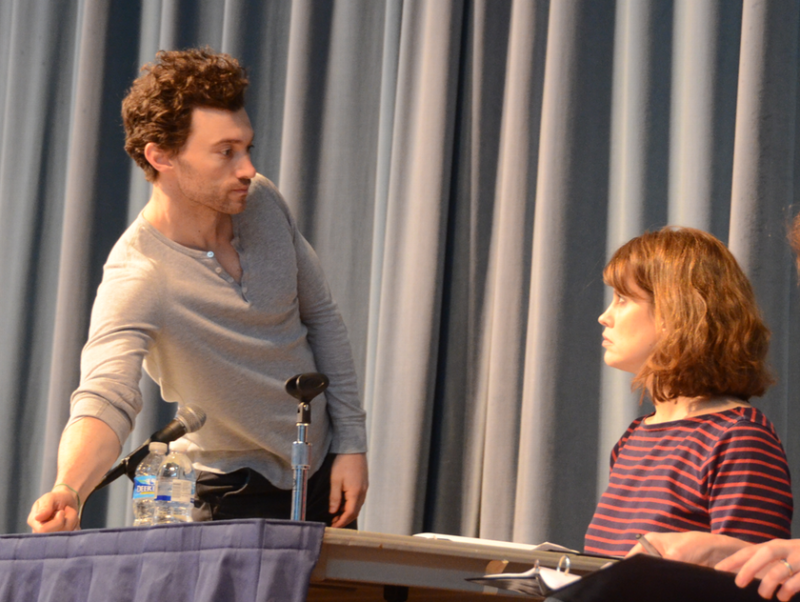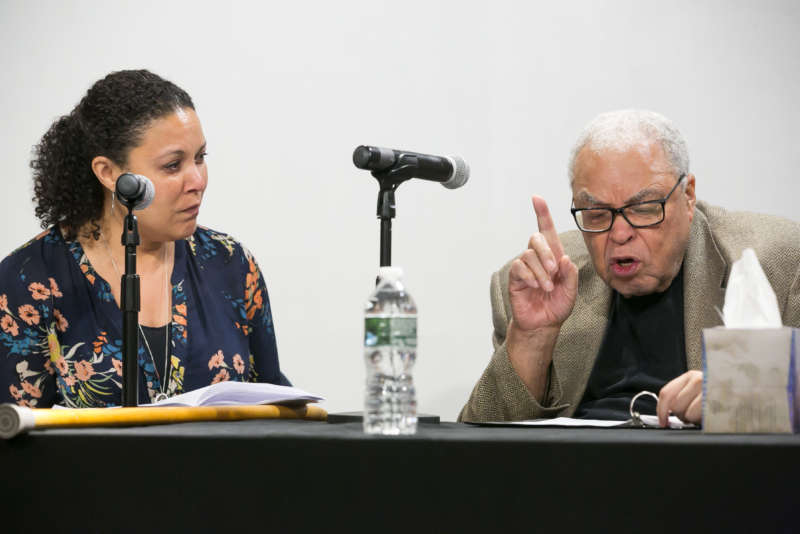Open to Public
Theater of War: University of Mississippi
Theater of war is an innovative public health project that presents readings of scenes from Sophocles’ Philoctetes—an ancient Greek play about a decorated warrior who is abandoned on a deserted island because of mysterious chronic illness that he contracts on the way to the Trojan War—as a catalyst for guided discussions about the challenges faced by service members, veterans, and their families. Using Sophocles’ play to forge a common vocabulary for openly discussing the visible and invisible wounds of war, these events are aimed at generating compassion and understanding between diverse audiences.
This event is presented by the University of Mississippi and is open to the public. Co-hosted by the University of Mississippi Department of Classics and the Office of Veteran and Military Service, with generous support from a Visit Oxford Partnership grant, and from the UM Office of the Provost, the Division of Student Affairs, the Office of Research and Supported Programs, the Division of Community Engagement, the Sally McDonnell Barksdale Honors College, the University Lecture Series, the Lott Leadership Institute, the College of Liberal Arts, and the following units of the College: the Departments of Theatre and Film, Public Policy Leadership, Philosophy and Religion, Political Science, Sociology and Anthropology, English, and History, and the Center for the Study of Southern Culture.
About the play
-
Philoctetes by Sophocles
Sophocles’ Philoctetes tells the story of decorated warrior who is abandoned on a deserted island because of mysterious chronic illness that he contracts on the way to the Trojan War. Nine years later, the Greeks learn from an oracle that in order to win the war they must rescue him from the island. When they finally come for him, the wounded warrior must overcome nine long years of festering resentment and shame in order to accept help from the very men who betrayed him.
Cast Members
-

David Denman
-

Marjolaine Goldsmith
-

David Patrick Kelly
-

Nyasha Hatendi
Explore Projects
-
 Domestic ViolenceDomestic Violence Project
Domestic ViolenceDomestic Violence ProjectAddressing the impact of domestic violence on individuals, families, and communities, the Domestic Violence Project premiered in Maine in April 2013 and will be touring all five boroughs of New York City under the current PAIR residency.
-
 War & Mental HealthThe Tecmessa Project
War & Mental HealthThe Tecmessa ProjectThe Tecmessa Project presents readings of Sophocles’s Ajax, an ancient play about the visible and invisible wounds of war, as the catalyst for discussions focusing on the unique challenges faced by military family members, including couples, children, caregivers, and communities. This project is designed to promote understanding, compassion, and positive action.
-
 Caregiving & DeathKing Lear Project
Caregiving & DeathKing Lear ProjectThe King Lear Project presents streamlined readings of scenes from Shakespeare’s King Lear to engage diverse audiences—including older adults, caregivers, and family members—in open, healing, constructive, discussions about the challenges of aging, dementia, and caring for friends and loved ones.

